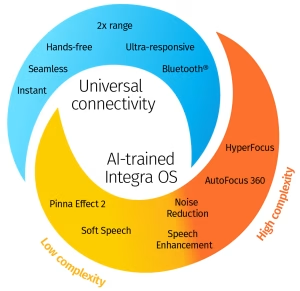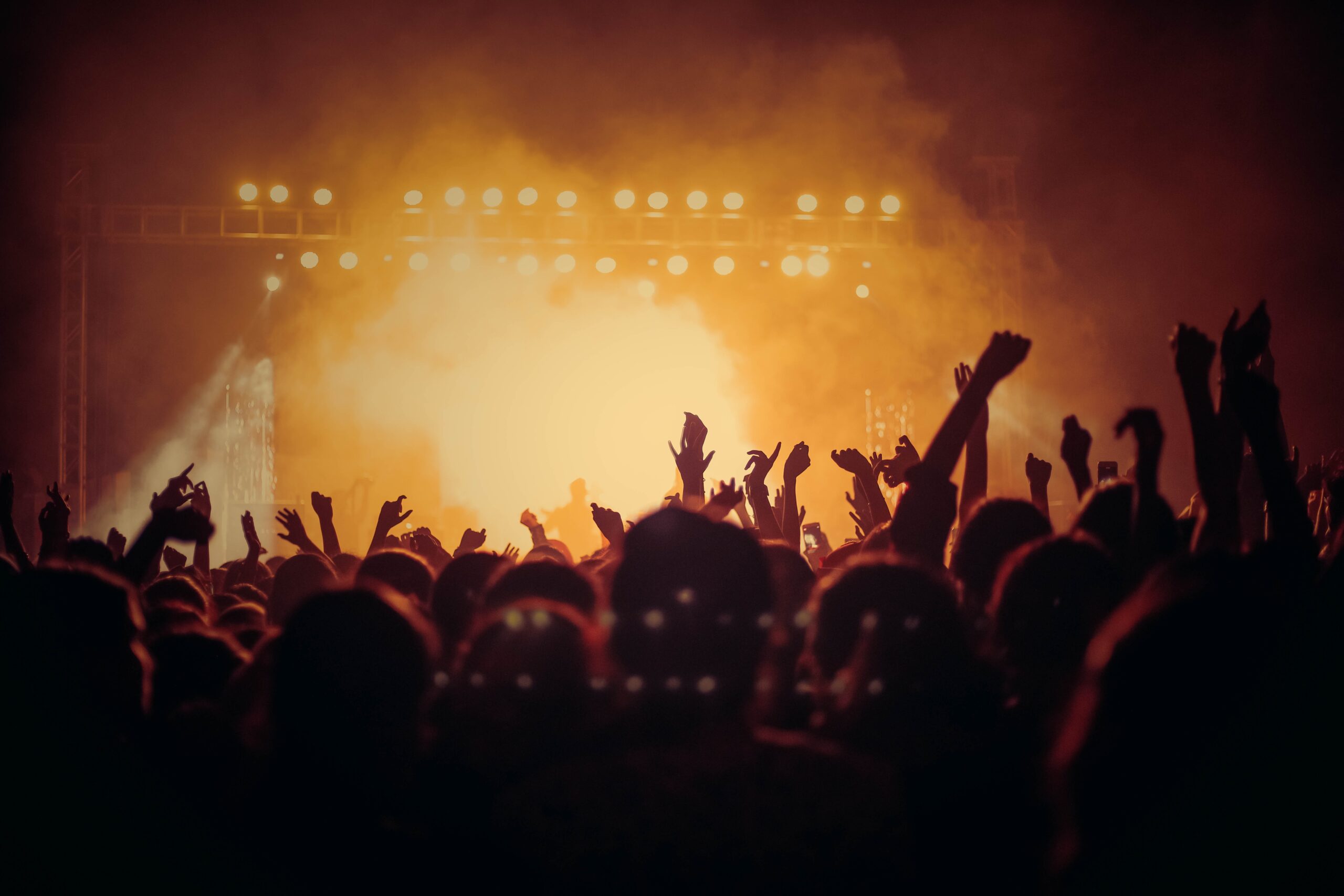

I am dating myself, but I remember when Walkman’s first came out. Parents everywhere were concerned about their kids’ hearing. Often, I sat six feet away from someone wearing headphones, but I could clearly hear the music. Things have not improved. The American Academy of Pediatrics estimated that in 2001, 12.5% of kids aged 6-19 had some degree of hearing loss.
If you are like most people, you think of one loud event causing the damage. While that is possible, it is not the usual way. Most often the loss occurs due to a cumulative effect like listening to loud music many times. According to Brian Fligor, ScD, chair of the World Health’s Organization Make Listening Safe taskforce, human ears were not made to handle excessively loud sounds over time. It is interesting to think about what is shared regarding our human ancestors and the need to hear soft sounds, a twig breaking, or a bird call. Back in the day, it is true that it was rare to encounter a sound loud enough to damage hearing; about 110 dBA (A-weighted decibels).
Today, now more than ever, our ears are subjected to those of that level on a regular basis: motorcycles, chainsaws, music concerts, construction noise, gun use, and headphones, earbuds, earphones, AirPods, you name it, we got loud sounds around us all the time. In the ear and more specifically in the cochlea, there are tiny hair cells, that trigger the nerve cells to respond. According to the research, the response of excess can create a waste product (like lactic acid in your muscles after a workout). If the noise is quiet, not much waste is produced. If it is loud but short, the cells can rest and clear out the waste. But according to researchers, listening loud enough and long enough, the cells cannot clear the waste and the hair cells die. Noise duration matters! Think of it like sun exposure: long enough and bright enough and you will burn.
A study published by the CDC in 2017 states that “hearing loss is the third most common chronic physical condition in the US and is twice as prevalent as diabetes or cancer”. You might have damage already in your hearing apparatus and not know it: The study further stated: “Persons with auditory damage caused by noise frequently do not recognize it; one in four US adults who reported excellent or good hearing had an audiometric notch”; meaning that sections of their hearing frequency range were damaged or missing due to noise and is usually seen at 4000 Hz.
Generally, 70dBA (about the level of a dishwasher) is a safe level for any duration. It is comfortable to be in any kind of background noise under 70 dBA. OSHA has set occupational guidelines of 85-90 dBA over eight hours. Those recommendations are for the workplace only. However, if you are exposed to levels over 70 dBA, the amount of safe listening time you have left is reduced. Also complicating things is that some people are more sensitive to sounds than others. As with sun exposure, some people tan and some people burn. Unfortunately, there is no way to know if you are more sensitive. The WHO recommends assuming that you are so that sound through headphones be kept below 70dBA, limited to one hour at 85dBA, and no exposure over 110 dBA.
While you cannot follow your child everywhere, there are a few things you can do. Have hearing protection and headphones with you. Concert earplugs for tweens and teens are advisable; cool too. You can also reduce the sound output on their mobile devices. Volume-limiting headphones can be helpful but most limited to 85 dBAs. At that level, monitor usage also. Many devices allow parents to monitor and control the amount of time their children use these devices.
Help yourself and your children keep their hearing for a lifetime!
Cheers, Karen M. and edited by Kim
Powered By SinglerDesign.com